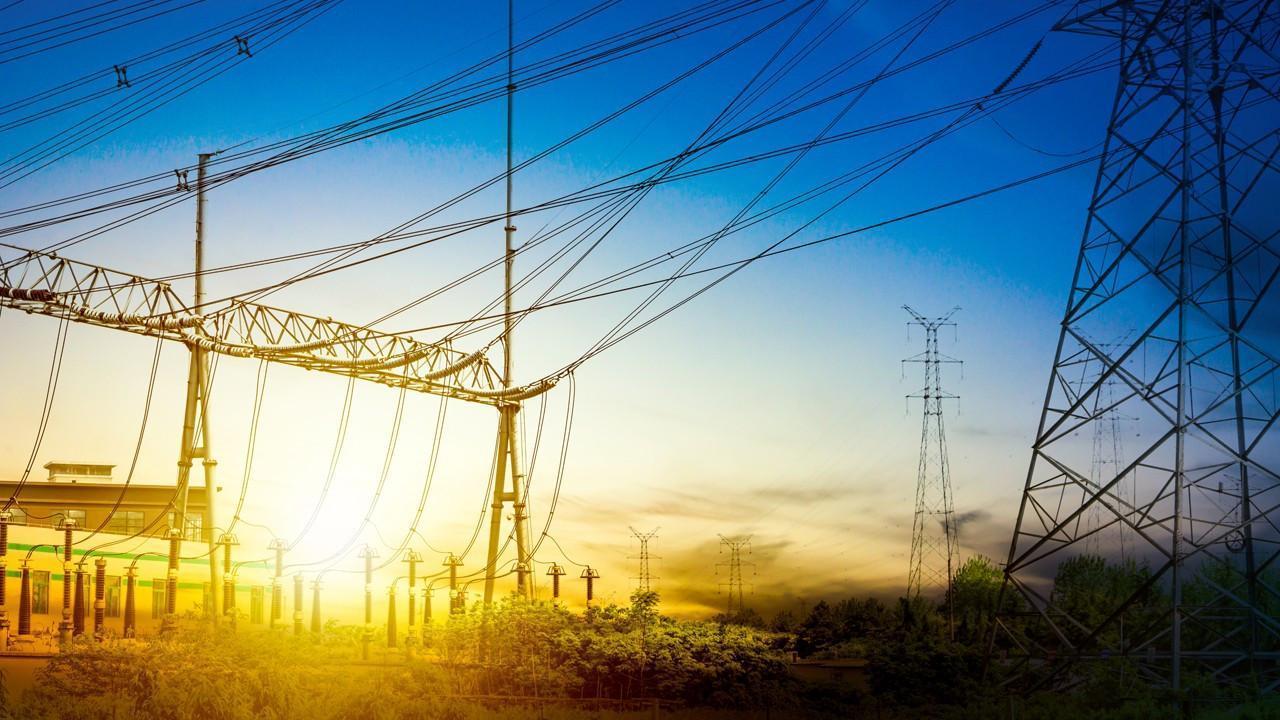BY NEWS DESK
The Turkish Electricity Transmission Corporation (TEIAS) announced last week that it would cut electricity supplies to all Organized Industrial Zones (OIZs) in Turkey following the Petroleum Pipeline Corporation’s statement to cut gas use by up to 40% for some power plants and industrial facilities. This decision came after Iran cut gas flows to Turkey for up to 10 days due to a technical failure.
Electricity will fully be cut today, Tuesday, and Wednesday in OIZs and Turkish industrial production will halt for at least for three days, in addition to the natural gas outage.
TEIAS took its first step towards enforcing this cut with phone calls to OIZs on Saturday. While no written statement was made regarding the decision, those industrialists who don’t obey the 72-hour power cut will be penalized.
Some OIZs have obeyed the power cuts and asked their employees to take annual leave in this period, while other energy-intensive industries, which are in close contact with the government, have demanded exemptions so as to not to stop production.
Some OIZs are in talks to secure energy during the outage. “We are disappointed. We don’t know if we should bring our employees to our factories this week,” industrialists said. This outage comes alongside increasingly expensive raw materials, foreign exchange (FX) rate fluctuations, and energy price hikes.
Energy is allowed for lighting and heating
OIZs have been allowed to use energy only for heating and lighting, according to the recent decision. Power to those OIZs will be cut by TEIAS and sanctions will be imposed for illegal use.
A critical 3-hour meeting
Energy and Natural Resources Minister Fatih Donmez and Industry and Technology Minister Mustafa Varank held an online meeting with OIZ Chairpeople, the Union of Chambers and Commodity Exchanges of Turkey (TOBB) Industry Council Heads, Chairpeople of chambers, Presidents of the Anatolian Lions Businessmen Association (ASKON), Independent Industrialists and Businessmen Association (MUSIAD), the Turkish Exporters Assembly (TIM), and top officials of BOTAS and TEIAS.
Many sector representatives, from the ceramics industry to the glass industry, from the dairy industry to the health sector, demanded exceptions and to have more specifics about the duration of the cut during the three-hour meeting.
There is still uncertainty about how long the cut will last. A limited amount of energy will be provided to critical sectors while no exemptions will be allowed for any sector, according to daily DUNYA.
Officials said that talks with Iran are continuing. Existing natural gas storage, which corresponds to 20% of consumption, can’t be easily put into use due to issues with natural gas infrastructure.
Sectors exempted from the natural gas cut
Enterprises that operate in the pharmaceuticals, meat and meat products, and milk and dairy products sectors have been exempted from the natural gas cut, according to a recent statement from BOTAS.
The crisis may continue until March 15
This is the first time energy supplied to all industries in Turkey will be cut at the same time, according to Mehmet Dogan, General Manager of GazDay Enerji. “The main problem does not stem from receiving natural gas from Iran but the supply security failure,” said Dogan. “The crisis emerged due several successive cold days when the storage of natural gas was consumed,” Dogan said, stressing that stores of natural gas weren’t purchased due to high prices this summer. He also warned that the energy crisis may continue until March 15.
What do industrialists say?
- We are experiencing such a comprehensive energy shortage for the first time. We are in shock.
- We are experiencing cuts while are also talking about the surge in raw material prices, FX rate fluctuations, energy price hikes. As industrialists, we are experiencing repeated blows.
- Energy supply security must be ensured as soon as possible for the future of production and exports.
- Will our rivals cut natural gas? How will we compete with them?
- There are 80 electricity distribution companies. How will they fine all OIZs? How will these fines be distributed by OIZ management?
- Our foreign partners are perturbed. How will the country attract foreign investors like this?










